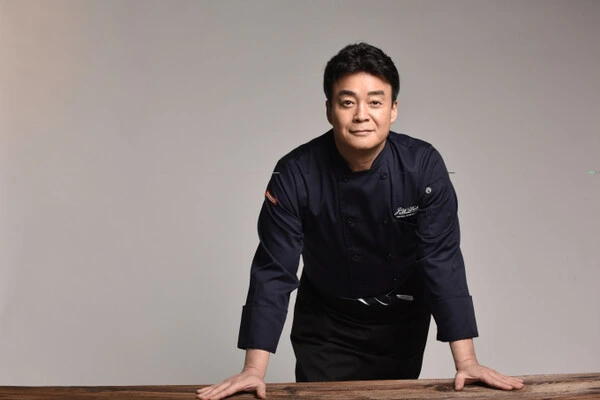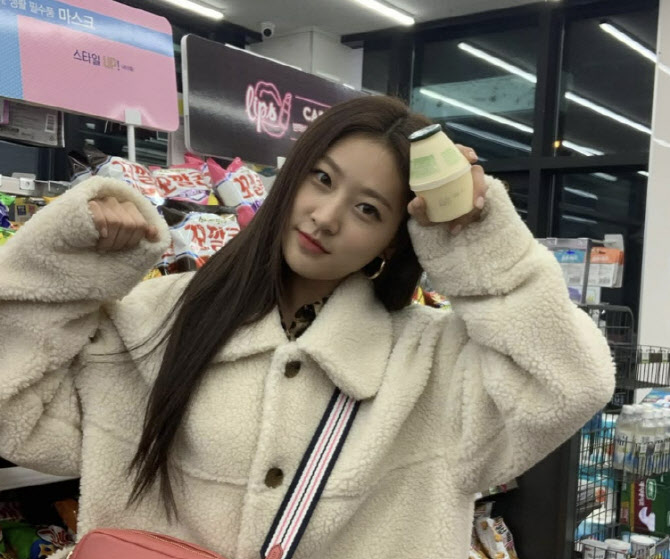Korea’s Celebrity Witch Hunt Continues: Baek Jong-won Under Fire
Input
Modified
The Born Korea Faces Image Crisis Amid Criticism of CEO Baek Is the Culture of Celebrity Backlash Going Too Far? Calls Grow for Both Social Reflection and Institutional Reform

The Born Korea, led by CEO Baek Jong-won, is facing a bruising image crisis. A series of controversies surrounding Baek has sharply eroded market perception of the company. While criticism of both Baek and The Born Korea continues to mount, some observers warn that public opinion against him may be overheating.
Baek Jong-won Under Fire From Public Opinion
According to the food service industry on August 19, criticism of CEO Baek Jong-won and The Born Korea has been intensifying. The controversies range from pricing of the “Paik Ham” product, use of Brazilian chicken, and underfilled fruit beer “Gamgyul Oreum” at Yeondon Bolkatsu, to alleged violations of farmland and mountain management laws tied to Baekseok Factory and Yeduk Academy. Additional allegations include an employee “blacklist” forum in the Saemaeul Sikdang online community, and false origin labeling of Nakji Bokkeum at Hanshin Pocha. Currently, Baek and The Born Korea are reportedly facing about 20 investigations, including suspected violations of the Food Labeling and Advertising Act, Food Sanitation Act, Origin Labeling Act, Livestock Sanitation Act, Farmland Act, and Customs Act, as well as allegations of plagiarism in a commissioned report.
Malicious YouTubers have also been identified as a major factor damaging the brand’s image. Recently, some creators have published videos targeting The Born Korea’s franchise brands and their store owners, using inflammatory claims such as: “They run brands built on gimmicky recipes, not taste or hygiene,” “Franchisees are used like guinea pigs for business experiments,” and “They’re exploited in fly-by-night franchise schemes.” In response, The Born Korea convened an emergency coexistence committee on August 13 with its franchisee associations, pledging to take firm action against the spread of false information. Representatives from 10 brands—including Paik’s Coffee, Yeokjeon Udon, and Hanshin Pocha—also agreed to draft a joint statement with the consent of franchise owners.

Fears Rise: ‘More Lives Could Be Lost’
As controversy surrounding The Born Korea escalates, some observers warn that the situation has overheated, raising concerns of yet another “celebrity witch hunt” in Korean society. One industry insider noted, “We’ve already seen how many people are hurt by false rumors online and so-called ‘cyber wreckers.’ In Korea, there’s a tendency to drive public figures to extremes far too easily.”
It is well known that celebrities often suffer from baseless rumors and excessive public criticism amplified by cyber wreckers and sensationalist media. Many have been unable to endure such pressure, leading to tragic outcomes. For instance, actress Kim Sae-ron faced relentless online abuse after her drunk driving accident in May 2022. Even after stepping away from the entertainment industry, she continued to be bombarded with malicious comments. Her part-time café job, hobbies, and even birthday gatherings were picked apart, with critics questioning her sincerity and attitude of self-reflection.
Sensational media coverage further fueled the abuse. Outlets quoted malicious comments left on her social media accounts, while some repeated personal attacks and allegations from anonymous commenters and YouTubers without verification. Cyber wrecker channels, which churned out invasive content about her private life, deepened the damage. Although one such YouTuber later insisted, “It’s nonsense to say I bullied Kim Sae-ron,” the public widely condemned the pursuit of clicks through provocative content, blaming it for pushing the actress closer to her tragic decision.
Breaking the Cycle of Witch Hunts
The tragic deaths of singers Sulli and Goo Hara in 2019 underscored how malicious comments and sensational media coverage had become systemic. Sulli endured online abuse every time she uploaded a photo, so much so that the term “Sul-in-up” (short for “Sulli Instagram upload”) spread across the internet. Goo Hara faced relentless tabloid-style reporting on her every move, amplifying her suffering. Following their deaths, measures such as the so-called “Sulli Act,” which proposed a semi-real-name system for internet comments, were introduced but never passed. Amendments to the Information and Communications Act, aimed at tightening penalties for malicious falsehoods, were also proposed in the 21st National Assembly but expired without approval.
Experts stress that stronger legal mechanisms are needed to curb the unchecked spread of rumors by cyber wreckers and sensationalist outlets. One market analyst observed, “We can’t expect goodwill or restraint from yellow journalism or cyber wreckers. The system rewards sensational content with profit.” The expert argued that punitive damages are necessary to block reckless personal attacks and disinformation, and that the profit model fueling click-driven, provocative content must be dismantled.
Calls for deeper social reflection are also growing. Another expert noted, “In Korean society, when a celebrity makes a mistake, they are bombarded with excessive criticism under the belief that ‘fame must come with endurance.’ The pursuit of clicks by cyber wreckers and tabloid media, combined with the public’s rush to join in the witch hunt, creates a cycle that can drive public figures toward tragic decisions.”





















